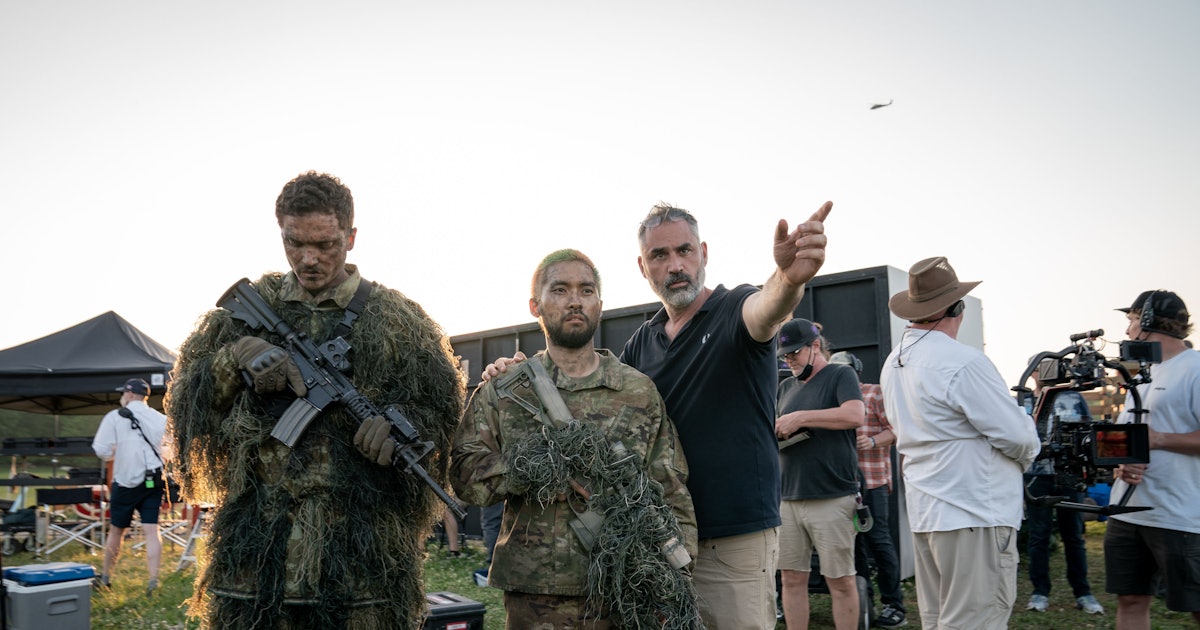Totenkindly
@.~*virinaĉo*~.@
- Joined
- Apr 19, 2007
- Messages
- 50,274
- MBTI Type
- BELF
- Enneagram
- 594
- Instinctual Variant
- sx/sp
I'm just one individual but if you had asked me the question without providing your own answer, I would have answered similarly. Not that women don't kill or abuse men, it definitely happens (hey, look at Heard vs Depp), but yes women seem to be the targets more often in both cases and especially in regards to murder with men hounding/murdering women who leave them. Just watch about ten seasons of forensic files, sigh.Interesting. I actually really enjoy discussions about the role of gender on society. Sometimes certain things produce a kneejerk reaction in me, but if I stop and try imagine myself in the other person's shoes, I can usually see where they are coming from.
I'm wondering now about common differences in reactions to romantic rejection from women as opposed to men. Let's say we have two rivals viaing for the affection of one person of the opposite gender. If the rivals are both men, is the man more likely to take it out on the woman if she rejects him in favor of someone else? If the rivals are both woman, are they more likely to fight each other rather than take it out on the man?
I suspect this is the case but somehow I feel you might have more insight on the situation.
I still gotta say the whole body horror sequence at movie end is completely nuts, roflmao. I'm still like damn!
I still am having trouble knowing how to read the ending. It would be REALLY easy to view it all as some kind of metaphor with her wrestling over her own unfounded guilt imposed on her due to social expectation and yet there are clear evidential signs in the final moments that suggest it was real -- so I have no freaking idea.



:max_bytes(150000):strip_icc()/Civil-War-tout-121223-68429d39ee064b9db220666c4a4db30c.jpg)
